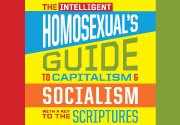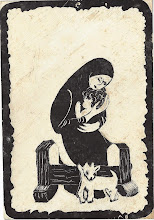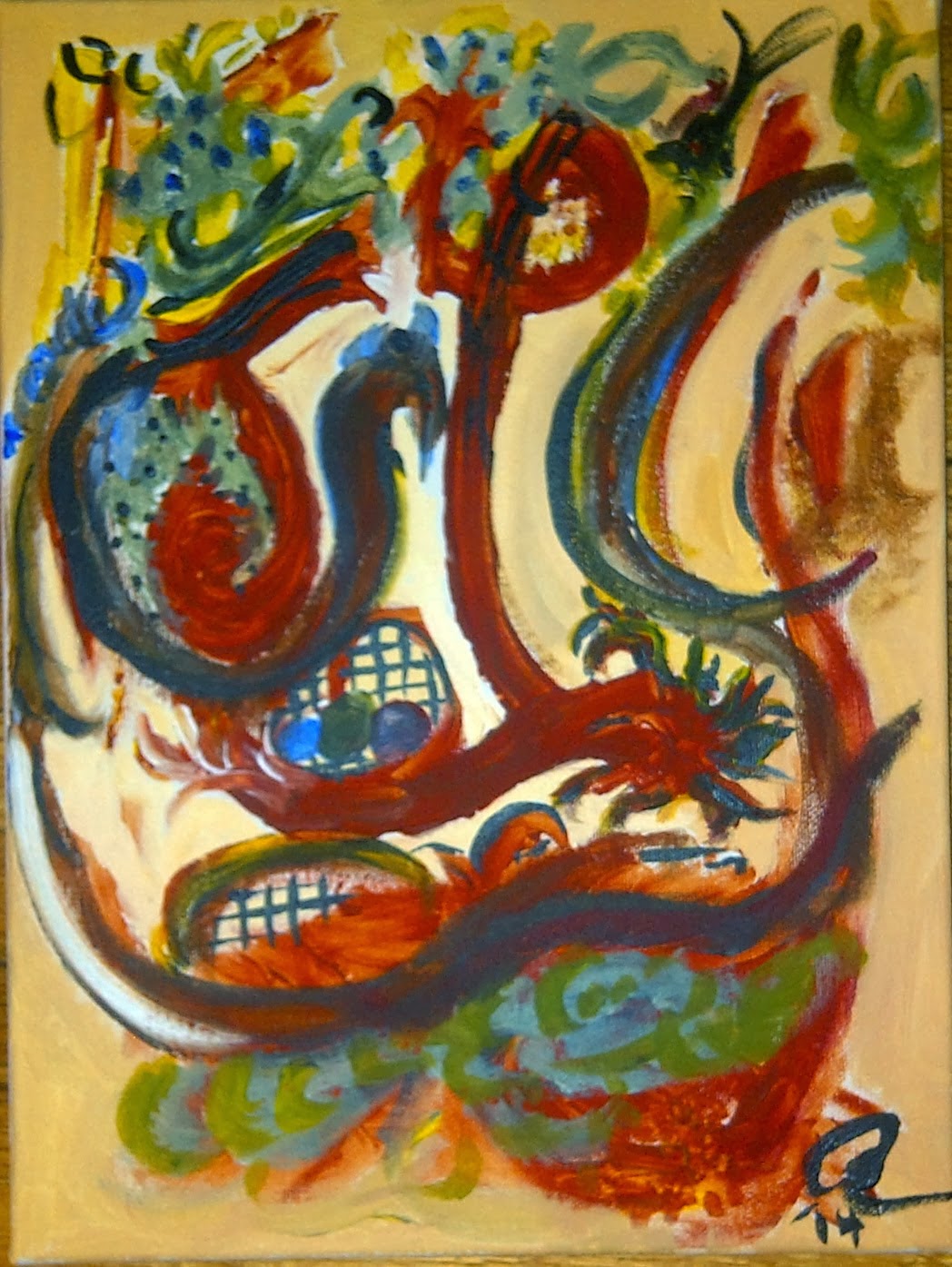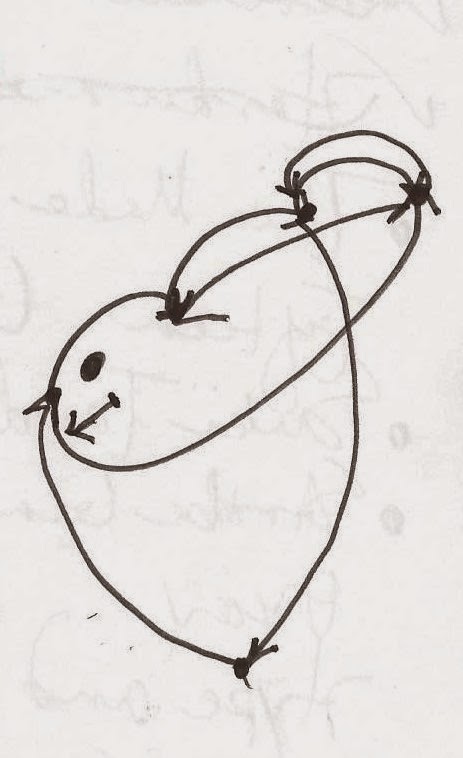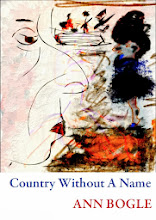 Unapproachable. I imagine an L. Frank Baum novel with a hairy lesbian marching band in parade. The womyn visit the barbershop and keep their hair short like men's then let the hair on their legs and armpits grow like European women's.
Unapproachable. I imagine an L. Frank Baum novel with a hairy lesbian marching band in parade. The womyn visit the barbershop and keep their hair short like men's then let the hair on their legs and armpits grow like European women's.The womyn are hippies in their way.
I have to look back at it: men in Madison guaranteeing the free speech of a preacher on the library mall. The preacher stands during lunch hour on a concrete platform and shouts at the group, perhaps hoping to save them, "F-o-r-n-i-c-a-t-i-o-n!" The beards face him braced at attention, forking the word in the cold.
I walk by watching them, not stopping, thinking, "What fornication?"
Later, ten years later, in Texas, I visit G.'s apartment. She orders the men to piss off the balcony but lets the women through the bedroom to the bathroom to pee. Pages of my thesis are strewn throughout the rooms and cover the floor. We sit on them and on old CDs. The visitors grow upset, to the point of hysteria, if one of their lovers sleeps with another of their lovers or husband or wife. "F-o-r-n-i-c-a-t-i-o-n!" I shout from the bathroom. The men hear it and send in J., the little drug dealer girl, to see.
. . .
When the man comes in the house with his girlfriend, he is hoisting a 12-pack of Bud, and she is holding her eye where he has flicked it with his baseball cap while driving. M. and I have been arguing about the future. At first we are glad to be interrupted. I immediately think of the two of them driving 25 miles out of Houston to get to us in Sugarland, but when I see that the girlfriend is injured, I get on my horse.
 The man is wiry and jumpy. There is a tattoo on his upper arm of Charles Manson. He jumps and jumps. He looks like a man on a pogo stick. He will not stop jumping. "I'm going to smash all the windows of her car," he claims. "Stop him," I say to M., but M. does nothing except try to make peace with concentration. "You're not allowed to hurt her or her car," I say to the man, whose name I have heard once and forgotten. The man veers close to my face and says, "Who are you? Bella Abzug! Gloria Steinem!"
The man is wiry and jumpy. There is a tattoo on his upper arm of Charles Manson. He jumps and jumps. He looks like a man on a pogo stick. He will not stop jumping. "I'm going to smash all the windows of her car," he claims. "Stop him," I say to M., but M. does nothing except try to make peace with concentration. "You're not allowed to hurt her or her car," I say to the man, whose name I have heard once and forgotten. The man veers close to my face and says, "Who are you? Bella Abzug! Gloria Steinem!"The girlfriend smiles then goes to lie down on the daybed in the dining room. The man runs through the kitchen and out the back door. When he comes back, he says, "I smashed the windows of her car." M. goes out to the driveway and returns. "He did it," he says. "Call the police," I say, and M. says, "We can't have the police here. The neighbors will complain about rehearsals."
Then the man jumps near my face. "I'm going to tell you a story, Bella, Gloria. When I was 13 my father beat my mother every day, and I threw myself into the fight and tried to stop him. I couldn't stop him. He was bigger than I was. You have TLE. I have TLE. You have bipolar. I have bipolar. But mainly I shoot heroin. Would you like to shoot heroin?"
"No," I say and look at M. "She doesn't do that," M. explains. Then M. leaves the house by the front door, and I pretend he will be right back, that he will not abandon me to a fiend. The girlfriend has not gotten up from the daybed to look at her car. She lies turned to one side holding her eye and shyly laughing.
I go to the master bedroom. I close the door. I leave it unlocked for M. The man comes running through the door, jumping and making noise. "I'm going to eat you," he says. Then he leaves and I lock it. I get in bed. I can hear him fucking her in the dining room. I hear her songbird sigh. I can try to get under my head. I pull the pillows over my ears and the covers under my chin. I pray, What solidifies them. What unites them: Blessed are these the workers of the world.
[Published in Wigleaf, 2010.]














































